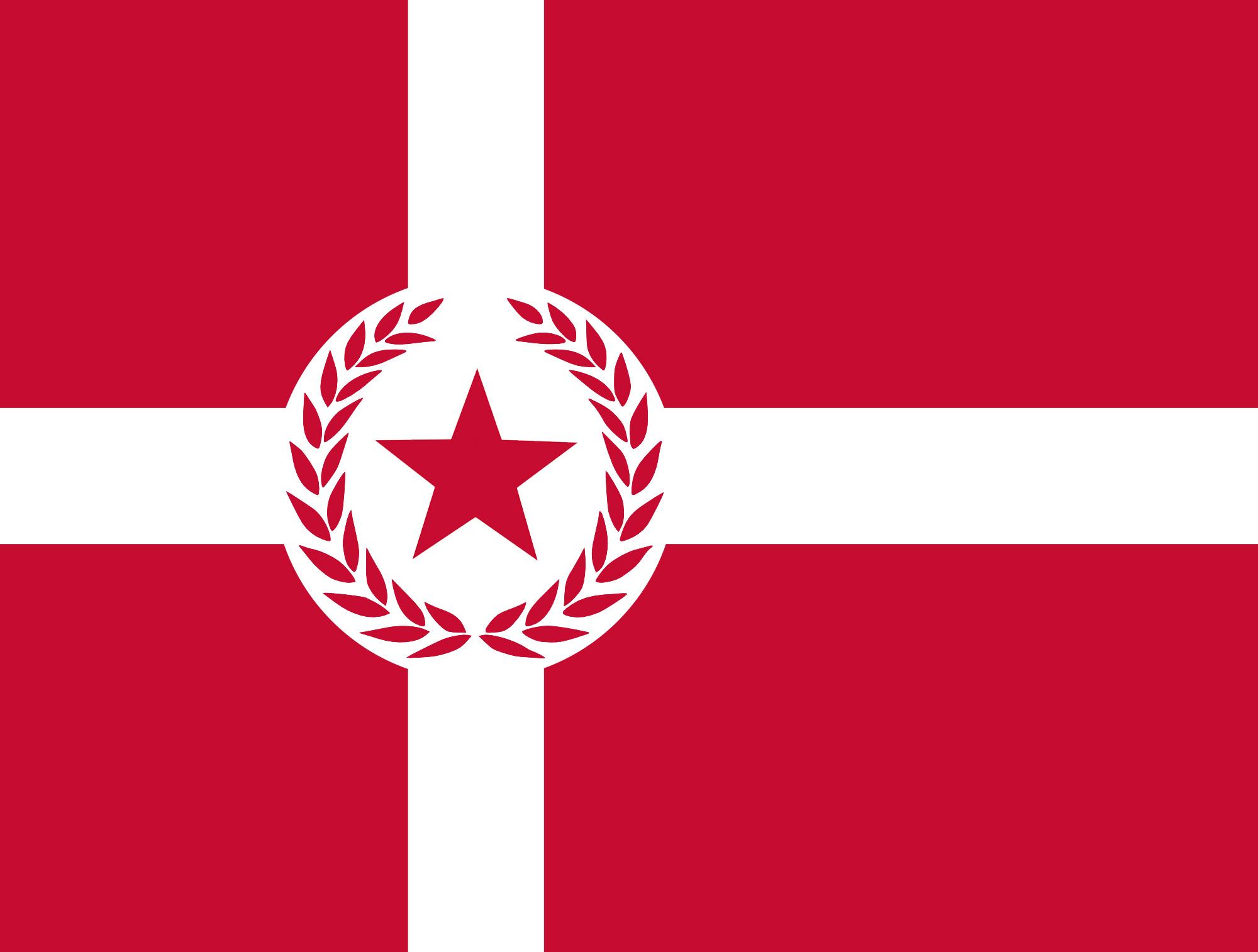I am aware that a few years before the invasion, Iraq started selling oil in Euros instead of dollars, and I understand that the preservation of the petrodollar was a reason for the destruction of Libya. Also, there must have been a reason to go to war with Iraq the first time in 1990 and to then wage economic warfare against Iraq.
I’ve heard some stuff about the war being really against Iran, but that doesn’t really make much sense because Iraq under Saddam Hussein was a counterweight against Iran in the region (and in fact the imperialists sponsored an Iraqi invasion of Iran during the 1980s).
Of course, the WMD lie and attempts to link the Iraqi government of the time to al-Qaeda (which seems to just be an imperialist asset anyway) and 9/11 was just a way to find an excuse for the invasion.
The weapons manufacturers, private military corporations, and many other corporations profited greatly from the war, but there must have been a reason that Iraq specifically was targeted.
Iraq was supposed to be only the first in a series of regime change wars and hybrid operations all across the middle east to remove any remaining former allies of the Soviet Union, erasing all traces of anything that the USSR had something to do with. Libya and Syria were part of phase two. Then Iran would be next. It was ultimately supposed to culminate with the balkanization of Russia and complete liberalization of China. That was the long game. In the short term, apart from the material benefits from controlling oil supplies in the middle east, one of the immediate motivations was to simply pick a country to make an example of to show what would happen to anyone who did not integrate itself into the US led neoliberal world order. It was a show of strength to demonstrate that with the USSR gone the US was now the undisputed global hegemon and could do whatever it wanted, including destroying entire countries, without anyone able to stop it.
Suffice to say that they failed… not just because they vastly overestimated their own capabilities and underestimated the degree of resistance that they would encounter, but also because of Russia foiling their plans first by defeating the US’s Chechnya plot, and then by its interference in Syria putting an abrupt end to the US’s grand designs for the region. This is a big part of why they now have such a burning hatred for Russia - and Putin specifically - to the point of making mistake after mistake because they are just seeing their empire slip away and have become desperate and irrational. This was not how things were supposed to go. The 21st century was supposed to be “the end of history”, “the American century”, with “liberal democracy” and free market capitalism eventually taking over every country. They thought they had achieved their “final victory” in 1991, and now they are furious and want revenge on those who they perceive as having stolen their victory from them.
Iraq was supposed to be only the first in a series of regime change wars and hybrid operations all across the middle east to remove any remaining former allies of the Soviet Union, erasing all traces of anything that the USSR had something to do with.
It was ultimately supposed to culminate with the balkanization of Russia
Didn’t the US still like Putin in 2003? I thought the big points of falling out were his opposition to the invasion of Iraq and his speech in the 2007 Munich security conference.
Suffice to say that they failed…
Despite failing to achieve regime change in China, Iran, and Russia, they certainly succeeded in destroying entire countries. Afghanistan, Iraq, Libya, and Syria – completely devastated by imperialist warfare.
Thanks for helping me put all of these fragmented thoughts together.
I may be taking nonsense here, but they seemed to learn propaganda lessons from Iraq and Afghanistan, too. They had believed that ‘everyone’ accepted the end of history thesis. They thought that all westerners would jump on the cause. They didn’t seem to expect millions of people marching. The protesters failed, of course. But since then, the US pretends it’s wars aren’t really wars.
It’s nuanced, but Libya and Syria got so much less press attention and public debate. They were framed in the same way as movies: “we have to go in, but we’re only going to do this one quick thing and then we’ll be gone and everything will be fixed”. Maybe Iraq was similar (removing WMDs), but there was a feeling at the time that it would be a full scale war. The bombing was even shown on the news and celebrated. Idk, it feels like later wars were framed as ‘conflicts’ and the media tried not to mention them too much, so as not to motivate any strong anti-war opposition.
A YouTube link was detected in your comment. Here are links to the same video on Invidious, which is a YouTube frontend that protects your privacy:
It’s part of a larger strategy in the middle east the US uses to destabilize the region. It’s part of maintaining control, maintaining the region and places bordering it as unstable to better extract from and exploit them and it is part of this triangle of importance which is they believe the east (China), the north (Russia) must not be able to join with stable trade routes with Europe and with Africa. It’s part of a larger geopolitical chessboard as it sits at the cross-roads of the world. There were other reasons really but the continued interventions in the middle east which started with Iraq and Afghanistan are best seen as part of this.
Saddam was not a friend to the US nor were they a friend to him. The US opportunistically supported Iraq in the war with Iran.
Iraq under the Baath party was a threat to Imperial domination of the Middle East. Firstly because it was Arab Nationalist, so it supported Palestine and considered Israel a colony, the Imperialists feared Iraq could become a source of anti-colonialism in the region. Secondly because it was Socialist and had nationalized its oil, much in the same way Venezuela would do later. After the fall of the USSR America had no reason to fear putting boots on the ground and immediately manufactured a war between Iraq and Kuwait to allow a repeat of Korea and build a UN blessed invasion. The 2003 invasion was because Saddam was still in power and Iraq could rebuild into becoming a regional power.
The “Axis of Evil” countries were all anti-colonial and needed to be isolated and eventually colonized to ensure American dominance was unchallenged.
“It was oil” “it was war profits” do not explain enough of the reality, which is that the US intends on colonizing every resource on the planet.
Just in general I was always confused that Iraq was a US enemy in the early 90s and then they were an enemy again in 2003. I wanted to listen to Blowback podcast but their timeline was a bit confusing
Quoting a WW2 phrase “Anyone who isnt confused doesnt really understand the situation”
Saddam’s Iraq was a friendly regime while it battled Iran, because Iran had a revolution that made USA lose their control over it.
During the war, Iraq started to become arrogant due to being showered in NATO + USSR arms, and they had a dispute with Kuwait who was effectively stealing oil from Iraq (it filtered along the border) because Iraq couldnt extract it at the time. They asked USA if they supported Kuwait doing this or Iraq could pressure/take actions to stop it, and USA gave a neutral answer, which Iraq interpreted as “ok, they allow military force” but US apparently meant as “kids, dont fight, solve this diplomatically”.
Iraq invaded with their army (experienced from iran-iraq war, but they tied in that war, so not that good), USA+NATO+Arab countries responded by wrecking Iraqi armed forces (not infrastructure, in general!), and stopping after the road of death happened.
In the 1991-2003 period, Iraq recovered from the war with Iran and developed a lot. They created a cult of personality around Saddam and islam, expanding religiousness to compete with Saudi Arabia as leaders of the sunni world of islam. They also expanded anti-american sentiment, and due to their mutual oposition of Saudis, Israel and USA, they reached a kind of understanding with Iran on who “the true enemies” were, removing differences between shia and sunni world.
This competition against the west and its puppets, their resource wealth, and their expanding influence of the region, led to support for interventionism in US elites, who used the excuse of removing dictatorships and fighting muslim countries to expand the attack on afghanistan to iraq as well.
Iraq had oil resources and was big/influential (competed with saudi arabia as main leader of sunni muslims) and spreading anti-americanism in the region, and Israel kind of demanded intervention too. They hit iraq in 1991, and couldnt finish the job, so some remained with interest on controlling iraq.
It was essentially taking control of a important country by using a good excuse of war agaisnt muslims. They wanted to create a new Arab Gulf state (pro-american, resource rich, neutered against Israel), tbh.
They wanted to do Lybia and Iran at the time too, but it was unpopular after Iraq and they had to wait until Arab Spring, where they hit Syria, North Africa and accidentally spilled it into some of the Arab Gulf, failing against Iran.
M o n e y
The short answer is greed





